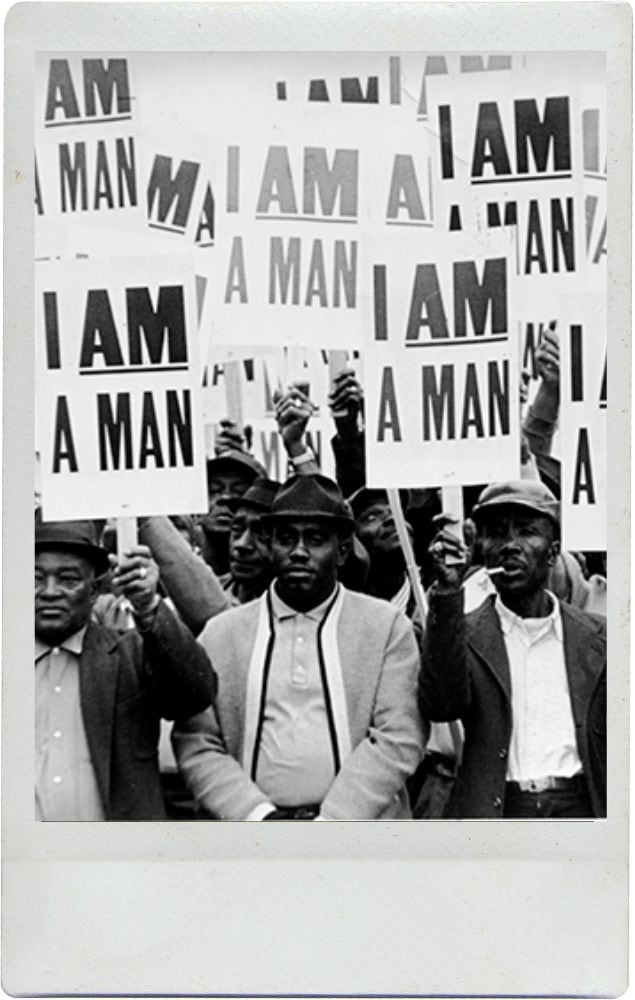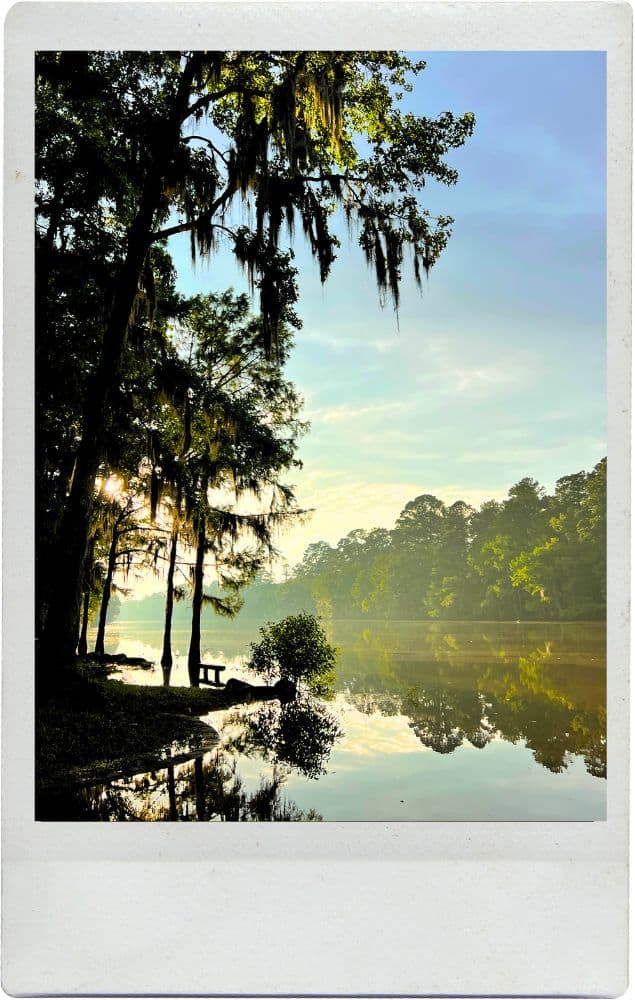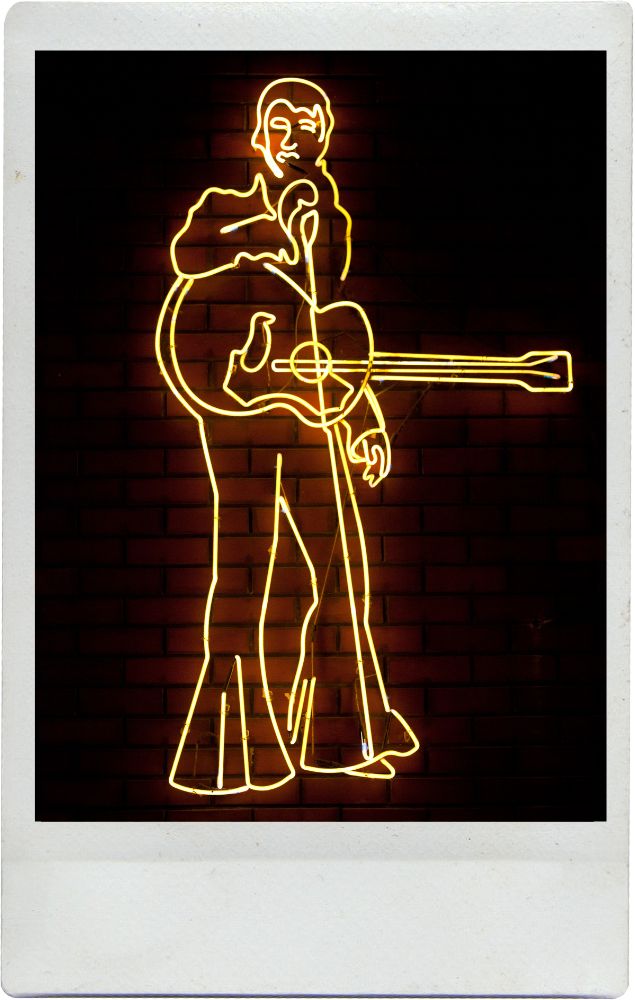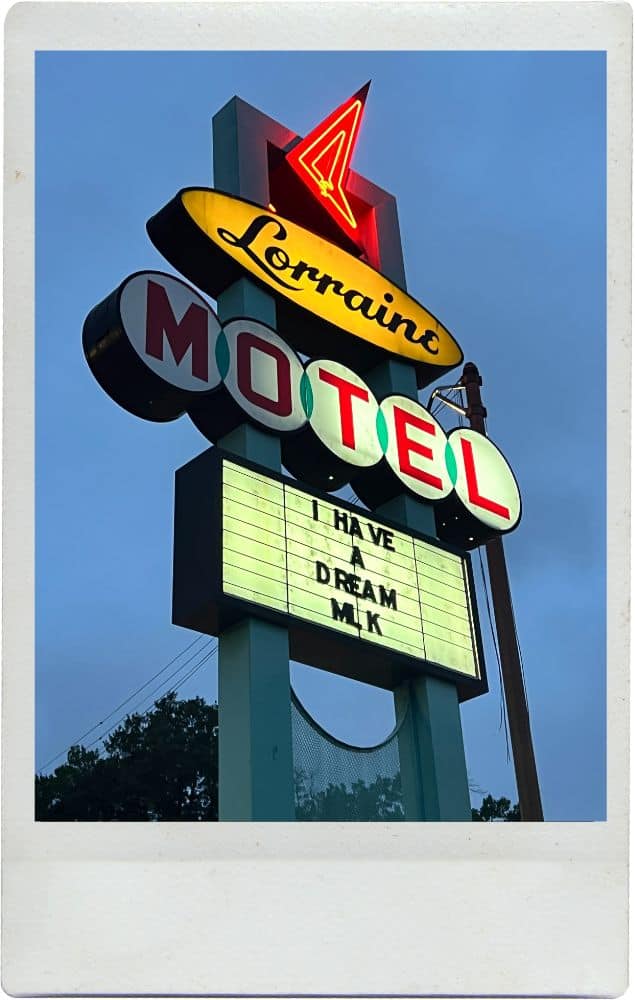A Brief History of Memphis: 7 Defining Chapters That Shaped the Soul of a City
Memphis didn’t just happen—it rose from riverbanks, bloodlines, and backbeats. Its story is layered with migration, music, tragedy, and resilience. Here’s a journey through seven pivotal moments that shaped the city’s spirit.
Whether you’re just rolling into Memphis for the first time or coming back like it’s an old friend, I’ve created this Ultimate Guide to Memphis to help you feel the city, not just see it. Below, you’ll find 5 more in-depth posts, each one covering a different layer of the Memphis experience—from practical tips to soulful stops:
10 Things to Know Before Visiting Memphis
6 Cool Hotels in Memphis (and Why You’ll Love Them)
7 Iconic Things to Do in Memphis (Even If They’re a Little Touristy)
35 Off-the-Beaten-Path & Must-See Gems in Memphis
Where to Eat the Best BBQ in Memphis (2025 Guide)
1. The Land Before Memphis: Indigenous Roots
Long before Memphis was founded, this region was part of the broader Mississippian civilization—a mound-building culture that thrived from roughly 800 to 1600 AD across the Southeastern U.S. These people created complex societies centered around large ceremonial mounds, agriculture, and trade. One of the largest Mississippian cities, Cahokia, was located just north near present-day St. Louis, but its influence extended down the Mississippi River, including through modern-day Memphis.
By the time European settlers arrived, tribes like the Chickasaw were living in the region, inheriting and adapting elements of Mississippian society. You can still visit remnants of this legacy at sites like the Chickasaw Heritage Mound, a quiet but powerful reminder of the Indigenous civilizations that once flourished here.
The Mississippi River wasn’t just a geographic feature—it was a lifeline of trade, culture, and spirituality, deeply woven into Native life long before Memphis became a city.
2. River Roots & Early Settlement (1819)
Founded in 1819 by a group that included future President Andrew Jackson, Memphis was named after the ancient Egyptian city—another powerful place built on a river. Its position on the Mississippi River made it a thriving hub for shipping, trade, and migration. By the mid-1800s, it had become one of the largest cotton markets in the world.
3. Slavery & the Cotton Economy
Memphis flourished economically—but its early wealth came at a devastating cost. The cotton industry was built on the backs of enslaved African Americans, and Memphis became a major slave-trading hub. The riverfront, now scenic and romanticized, was once a place of deep human suffering—lined with auction blocks and cotton warehouses. That legacy still echoes in the city’s cultural fabric and racial landscape.
4. Yellow Fever Epidemics (1870s)
A series of yellow fever outbreaks in the 1870s killed over 5,000 people and decimated the population. The city was hit so hard it lost its charter in 1879. The tragedy reshaped Memphis demographically, economically, and politically—but it also sparked acts of heroism, particularly among Black citizens and Catholic nuns, many of whom stayed to care for the sick and dying.
5. The Birthplace of American Music
Memphis is where blues, soul, and rock ’n’ roll came alive. Migrants from the Mississippi Delta brought the blues to Beale Street, where W.C. Handy helped shape it into a genre that could speak across generations. Later, Sun Studio gave rise to legends like Elvis Presley, Johnny Cash, and B.B. King, while Stax Records introduced the gritty, gospel-infused sound of southern soul. Memphis didn’t just create music—it changed the sound of the world.
6. Civil Rights & the Assassination of Dr. King (1968)
Memphis became a central stage for the Civil Rights Movement. In 1968, Dr. Martin Luther King Jr. came to support striking Black sanitation workers demanding fair wages and dignity. On April 4, he was assassinated at the Lorraine Motel, now home to the National Civil Rights Museum. The tragedy shattered the nation but also sealed Memphis’s place in the fight for justice.
7. Decline, Reflection & Revival
The late 20th century brought economic hardship and population decline. But Memphis never gave up. Today, the city is seeing a renaissance—with billions of dollars invested in public spaces, housing, education, the arts, and innovation. Locals are reclaiming their story with honesty and pride, creating a future rooted in truth, music, and resilience.
Memphis isn’t just a city—it’s a soul that’s been tested, stretched, and shaped by the tides of history. From ancient mounds to modern murals, from the cotton fields to Beale Street beats, its story is one of pain, power, and perseverance. What’s most striking is how that story still lives in the streets, the food, the music, and the people who call it home. As you explore Memphis, let its history ground you, its rhythm move you, and its spirit remind you that beauty often rises from the hardest places.








